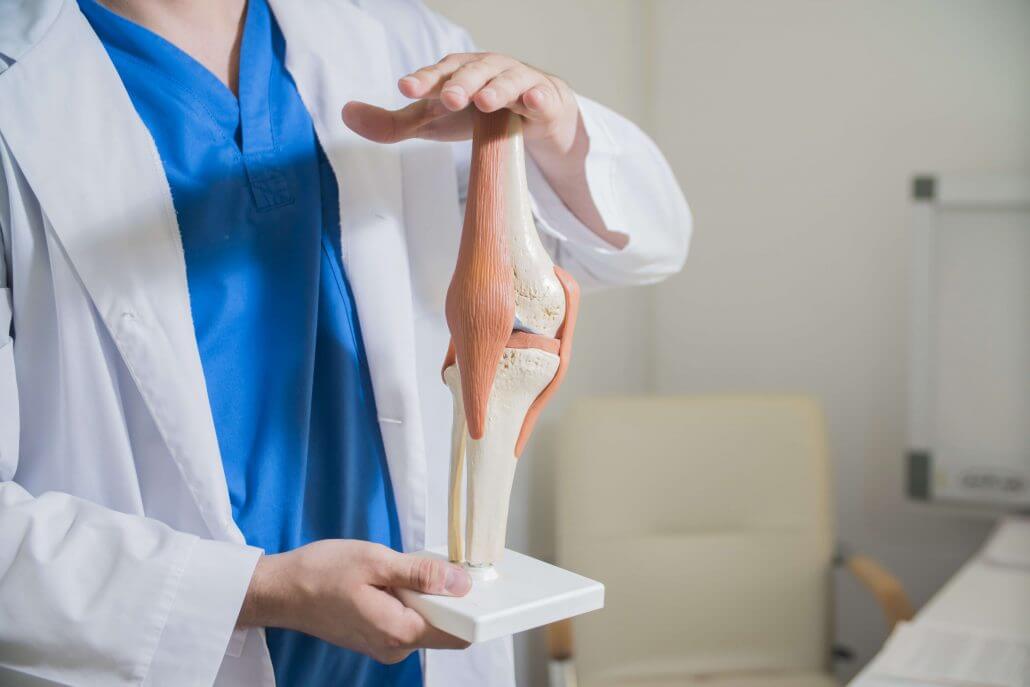Orthopaedic
Orthopedics is a specialized branch of medicine dedicated to the diagnosis, treatment, and prevention of disorders and injuries related to the musculoskeletal system. This complex system includes bones, joints, muscles, ligaments, tendons, and nerves, all of which work together to support the body’s structure and enable movement. Orthopedic surgeons, also known as orthopedists, are medical doctors who specialize in the surgical and non-surgical treatment of musculoskeletal conditions.
Orthopedic treatment covers a wide spectrum of conditions, ranging from common injuries like fractures, sprains, and strains to chronic conditions such as arthritis, osteoporosis, and degenerative disc disease. Orthopedists also address congenital anomalies, sports-related injuries, and traumatic injuries resulting from accidents or falls.

The treatment approach in orthopedics is highly individualized, with orthopedic surgeons assessing each patient’s unique needs, symptoms, and goals to develop personalized treatment plans. Non-surgical treatments may include medication, physical therapy, occupational therapy, bracing or splinting, and lifestyle modifications such as weight management or activity modification.
When conservative measures fail to provide adequate relief or when surgical intervention is deemed necessary, orthopedic surgeons may perform a variety of surgical procedures to address musculoskeletal problems. These procedures can range from minimally invasive arthroscopic surgeries to complex joint replacement surgeries.
Arthroscopy is a minimally invasive technique that allows orthopedic surgeons to visualize, diagnose, and treat joint problems using small incisions and specialized instruments. Common arthroscopic procedures include repairing torn ligaments, removing loose bodies or damaged cartilage, and treating conditions like rotator cuff tears or meniscus injuries.
Joint replacement surgery, such as hip replacement, knee replacement, or shoulder replacement, may be recommended for patients with severe arthritis or joint damage that interferes with their daily activities and quality of life. During these procedures, the damaged joint surfaces are removed and replaced with artificial implants made of metal, plastic, or ceramic materials, restoring function and reducing pain.
Orthopedic surgeons also perform various reconstructive procedures to correct deformities, restore function, or improve mobility. This may include procedures like osteotomy (realigning bones), fusion (joining bones together), or soft tissue reconstruction (repairing ligaments or tendons).
Rehabilitation and postoperative care are integral components of orthopedic treatment, with orthopedic surgeons working closely with physical therapists and other healthcare professionals to facilitate recovery and maximize outcomes. Rehabilitation programs typically focus on restoring strength, flexibility, and range of motion, as well as educating patients on proper techniques for activities of daily living and injury prevention.
Orthopedic treatment extends beyond just addressing physical ailments; it also emphasizes holistic care that takes into account the patient’s overall health and well-being. Orthopedic surgeons strive to improve patients’ quality of life by reducing pain, restoring function, and promoting mobility, allowing them to lead active and fulfilling lives despite musculoskeletal challenges.

